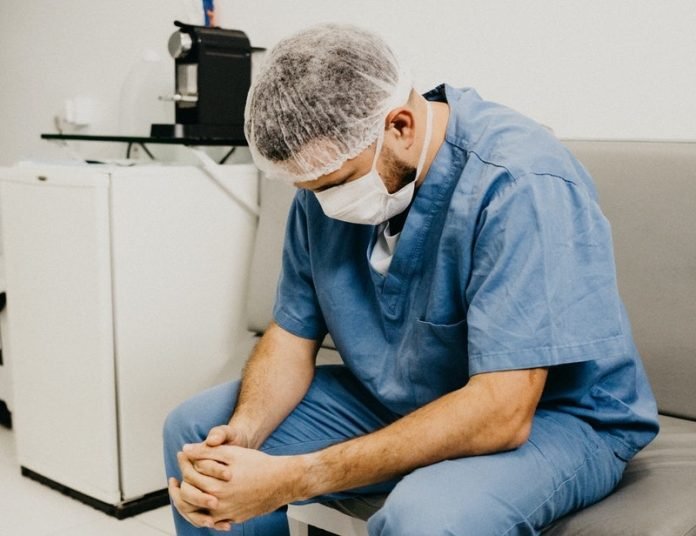
In a new study, researchers found that patients with inactive cancer and not currently undergoing treatments also face a significantly higher risk of severe illness from COVID-19.
The findings underscore the importance of COVID-19 mitigation, like social distancing and mask-wearing, and vaccinations for all patients, not just those recently diagnosed or with active disease.
The research was conducted by a team from Penn Medicine.
Past reports have established an increased risk of severe disease and death for sick or hospitalized cancer patients with COVID-19 compared to patients without cancer, but less is known about patients in the general population.
In the study, the team analyzed the records of more than 4,800 patients who had been tested for COVID-19 from the Penn Medicine BioBank.
Of the 328 positive COVID-19 cases through June 2020, 67 (20.7%) had a cancer diagnosis in their medical history (80.6% with solid tumor malignancy and 73.1% with inactive cancer).
Patients with COVID-19 — including both those with active cancer (18) and inactive cancer (49) — had higher rates of hospitalizations compared to non-cancer patients (55.2% vs. 29%), intensive care unit admissions (25.7% vs. 11.7%), and 30-day mortality (13.4% vs. 1.6%).
While worse outcomes were more strongly linked to those with active cancer, patients in remission also faced an overall increased risk of more severe disease compared to COVID-19 patients without cancer.
Notably, the proportion of Black patients — who make up 20% of the patients in the biobank — was much higher in both cancer and non-cancer COVID-19-positive patients (65.7% and 64.1%, respectively) compared to all patients tested for SARS-CoV-2.
The findings parallel prior reports showing the disproportionate impact of COVID-19 on minority communities.
Studies show that cancer patients have a higher risk of COVID-19 complications, due in part to factors such as older age, higher smoking rates, comorbidities, frequent health care exposures, and the effects of cancer therapies.
These latest results also suggest cancer itself and its impact on the body may play a role in exacerbating COVID-19 infections.
In a separate, related study, researchers report that cancer patients receiving in-person care at a facility with aggressive mitigation efforts have an extremely low likelihood of COVID-19 infection.
The results suggest those efforts, when combined with social distancing outside the healthcare setting, may help protect vulnerable cancer patients from COVID-19 exposure and infection.
One author of the study is Kara N. Maxwell, MD, Ph.D., an assistant professor of Hematology-Oncology and Genetics.
The study is published in JNCI Cancer Spectrum.
Copyright © 2021 Knowridge Science Report. All rights reserved.



